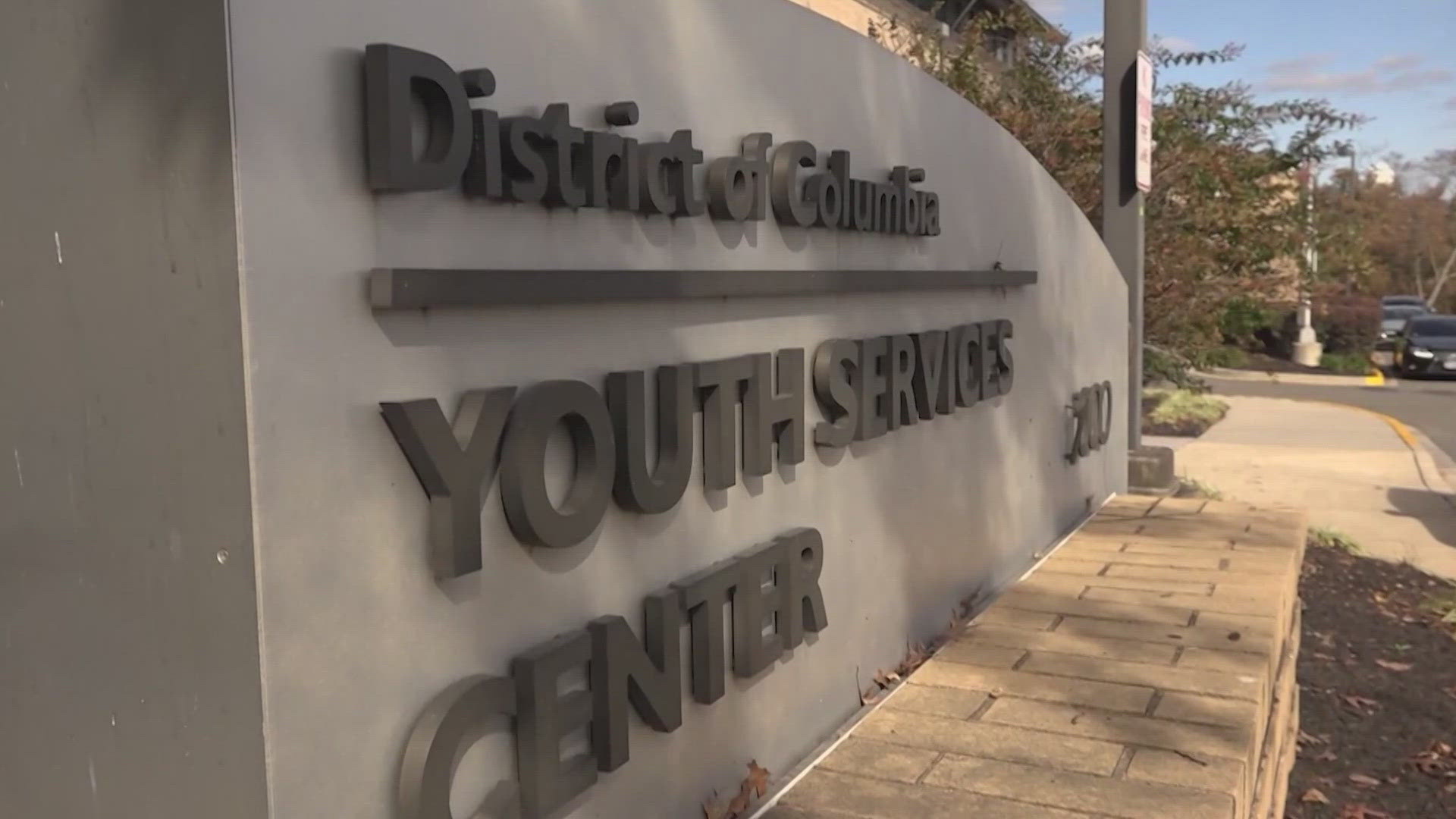WASHINGTON D.C., DC — The D.C. Council unanimously approved legislation to implement a series of changes at the District's Department of Youth and Rehabilitation Services (DYRS) but some councilmembers say the bill falls short of an entire agency overhaul.
Attorney General Brian Schwalb, who proposed the legislation known as the Recidivism, Reduction, Oversight, and Accountability for DYRS (ROAD) Act of 2024, pointed at a 2022 study conducted by the Mayor's Criminal Justice Coordinating Council that indicates that 92.7% of young people committed to DYRS are re-arrested, and nearly half are convicted of a new offense.
“Too many people across all eight Wards don’t feel safe right now, and residents are rightly demanding swift action from their elected leaders. Young people must face consequences when they break the law, but once our office has prosecuted them, the District must work to ensure that they won’t re-offend and will go on to become productive members of our communities” said Schwalb.
Under the current system, children and teens who are arrested, prosecuted, and found guilty of an offense are committed to DYRS. The agency is then charged with providing supervision and intervention to reduce the likelihood that the young person will re-offend.
The version of the legislation approved Tuesday included several amendments following pushback from the Bowser Administration and some members of the council.
Initially, Shwalb proposed reforming the supervision and intervention practices to guarantee that committed youth receive treatment plans within 30 days. Under current D.C. law, the agency has 90 days to provide the plan. However, during a September hearing on the bill, DYRS Director Sam Abed said on average the process was taking his team 62 days.
On Tuesday the council approved a version of the bill that stipulates that DYRS shall begin to develop a plan within 60 days for a child admitted into a facility or any other placement outside the child's family or guardian.
DYRS Director Sam Abed pushed back on the timelines stipulated by Shcwalb's plan.
"This is the problem with the 30 days. The 30 days is a number I set up as a target for our team,' Abed testified. "I know for a fact that there will be tough to place youth that will exceed 30 days every time. So, it doesn't make sense to me to set that stone and say this is a must. You have to do it in 30 days," Abed said during a November hearing.
"DYRS is an agency in need of transformation. It is an agency where we see placements taking way oto long and young people languishing for months on end," Councilmember Zachary Parker told WUSA9 following the council's approval. The Ward 5 Councilmember, charged with the subcommittee that oversees DYRS, criticized eliminating some of the deadlines and requirements stipulated in the initial draft of the legislation. "There was a mechanism to hold the agency accountable through the courts should young people not receive services without a certain amount of time, that was rolled back as well as a provision that would accelerate placements. Why does this matter? Because we know that while young people awaiting placement are not receiving services at YSC that time does not account for their ultimate sentence."
Schwalb's office says the approved bill still strengthens the DC Superior Court’s authority to intervene when it becomes clear that DYRS is not providing appropriate services and placements for young people in its care.
Mayor Muriel Bowser told reporters during a news conference last week that she was concerned with overwhelming the D.C. court system with the changes included in the ROAD Act.
Councilmember Janeese Lewis-George voted for the bill but also expressed her concern that the final version of the bill removed some of the "teeth" to hold the agency accountable.
Schwalb's initial proposal called on increasing accountability and transparency by establishing a permanent and independent oversight of DYRS under the Office of the D.C. Auditor.
Despite the D.C. Auditor's opposition to taking on the oversight role, the council approved this stipulation but narrowed the scope of the work. An amendment introduced by Chairman Phil Mendelson limits the auditor's oversight to only monitor and report on how complete a young person's plan is, and whether the plans were designed and implemented in a timely fashion.

